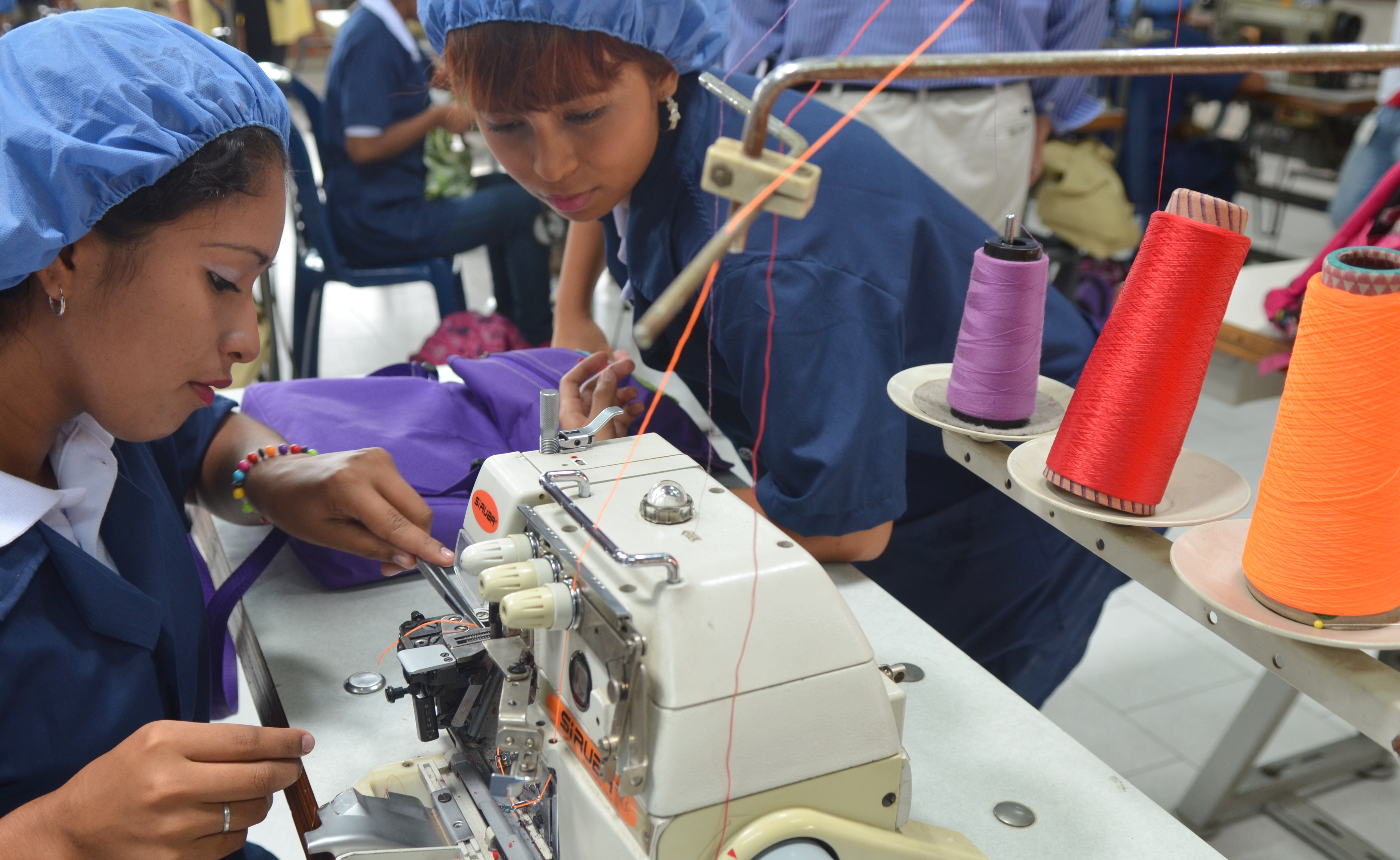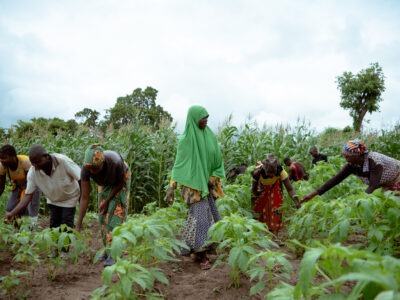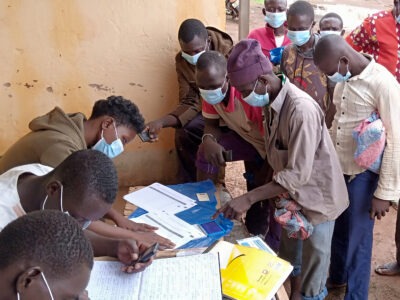
It’s no secret that technology and globalization are changing today’s labor markets. As many markets shift from traditional to digital, youth and those who support them struggle to keep up—much less plan for the future. On September 27-29, the 2017 Global Youth Economic Opportunities Summit brought together 500 stakeholders from 55 countries to explore how these global trends affect young people in developing contexts.

So, how do we prepare youth for a rapidly changing world? On September 27, Sergio Rivas, regional managing director for ACDI/VOCA, spoke about youth employment during times of high migration. In Colombia, the armed conflict has internally displaced 7.2 million people, Rivas said. Victims of the conflict come second only to people with disabilities in unemployment rates, he added.
The 12 workforce development projects implemented by ACDI/VOCA in Colombia provided youth with training and job placement. While most projects recruit youth in certain areas and train them for employment in those same areas, today’s youth are more mobile than ever. That’s why key adaptations made ACDI/VOCA’s program successful, Rivas said.
First, the program found an unlikely ally in local governments and worked with grassroots organizations trusted by the community. As a result, all 12 projects continue today without donor funding. The program helped secure over 11,000 formal jobs and worked with 1,500 private-sector companies.
“The private sector was noticing reduced attrition from trainees coming from our programs…[Youth] didn’t just see this as a stepping stone; they saw this as a life-changing opportunity.” – Sergio Rivas of ACDI/VOCA
It also trained youth in soft skills, offering post-traumatic stress support and reconciliation activities. Of the youth who secured jobs, 70 percent were first-time earners.

On September 29, Morgan Mercer, ACDI/VOCA’s gender and youth specialist, also spoke about youth employment, this time, in agriculture. She shared findings from a Leveraging Economic Opportunities (LEO) study, completed by ACDI/VOCA, on youth engagement in agriculture across 19 Feed the Future (FtF) countries.
Deep dives into four countries, including focus groups with 207 young men and 177 young women, revealed that intention matters when engaging youth. These programs did not target youth specifically, Mercer said. Yet, youth were engaged across the agricultural value chain. While 80 to 90 percent of youth worked in on-farm activities, many also worked in off-farm activities.
In Nepal, adults brought their older children to trainings when they thought the topic, like technology, aligned better with their interests and skills. This intergenerational learning and mentoring helped engage youth in agriculture.
Given their interest in technology and stake in protecting the planet, youth are well situated to fuel the demand for climate-smart agriculture. And despite assumptions, many youth are interested in agriculture. Natasha Cassinath, a consultant on the study, addressed this assumption and others, including that youth want jobs in urbanized areas and need to earn money quickly.
On the contrary, she said, most youth involved in FtF programs come from families that have worked in agriculture for generations, and they hope to continue that. More than fast money, youth need better access to agricultural markets to see their potential.
Read the full Leveraging Economic Opportunities (LEO) study.








